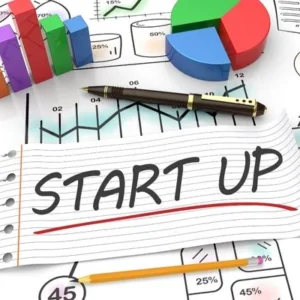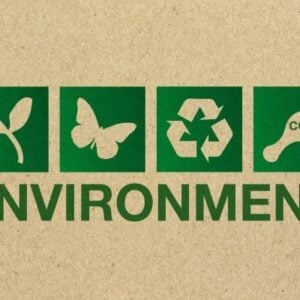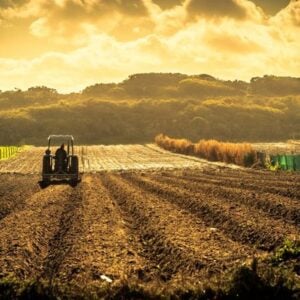The Second Climate Change Global Business Summit on Africa took place in Nairobi, Kenya, on 19–20 March 2025, bringing together leaders from the public and private sectors to discuss Africa’s climate challenges and opportunities. A central theme of the event was unlocking climate finance for the continent, with a particular focus on mobilizing resources to support climate initiatives. To delve deeper into the livestock dimension of this agenda, Lennart Hientz, a global livestock value chain investment specialist at the International Livestock Research Institute (ILRI), shared insights from his participation in the summit.
Hientz observed that while climate finance dominated discussions, mobilizing private capital remains a major challenge. The summit successfully created awareness and space for dialogue but fell short in producing concrete, collaborative initiatives between the public and private sectors. He noted that despite widespread acknowledgment of Africa’s climate funding deficit, translating discussions into tangible financial flows requires practical strategies and more compelling investment cases, particularly through nature-based solutions.
Within the broader discussions, agriculture and livestock were recognized for their dual role in contributing to emissions and serving as vital carbon sinks. However, energy and infrastructure continued to dominate the spotlight, even though agriculture employs around 42% of sub-Saharan Africa’s workforce. Hientz emphasized ILRI’s role in ensuring that sustainable livestock development remained part of the conversation, highlighting research and initiatives that could shape investment opportunities in this underrepresented sector.
Projects such as the Sustainable Investments for Large-Scale Rangeland Restoration (STELARR) and ILRI’s Index-Based Livestock Insurance (IBLI) were discussed as models that align closely with the region’s climate finance needs. STELARR seeks to attract private investment in rangeland restoration, leveraging their carbon sequestration potential, while IBLI provides risk-mitigation mechanisms for investors and farmers alike. Both projects exemplify how sustainable livestock systems can deliver environmental, social, and economic returns when adequately financed.
Hientz identified key barriers to unlocking climate finance for livestock, including high perceived investment risks, lack of reliable data, small project scales, and high transaction costs. Addressing these issues will require structuring viable investment vehicles, improving monitoring and verification frameworks, and building capacity among farmers and SMEs to adopt climate-smart practices. ILRI, he noted, has an important role to play in bridging the gap between available climate finance and the needs of smallholders by designing investment-ready projects and advocating for enabling regulatory environments.
For ILRI and similar institutions, the strategic priority is to build compelling investment cases that demonstrate both profitability and sustainability. By showcasing cost-effective, nature-based solutions and fostering collaborations with financial institutions, ILRI can help shift climate finance from concept to action. Hientz urged policymakers to create stable regulatory frameworks and investors to recognize the untapped opportunities in climate-smart livestock value chains. He stressed that with limited climate finance currently reaching sub-Saharan Africa, decisive action is urgently needed.
The STELARR project, funded by the Global Environment Facility, is implemented by the International Union for Conservation of Nature (IUCN) and executed by ILRI with several research and conservation partners. Additional support comes from the CGIAR Science Program on Multifunctional Landscapes and contributions to the CGIAR Trust Fund. This collaborative effort underlines the importance of partnerships in advancing climate resilience and sustainable livestock systems across Africa.







